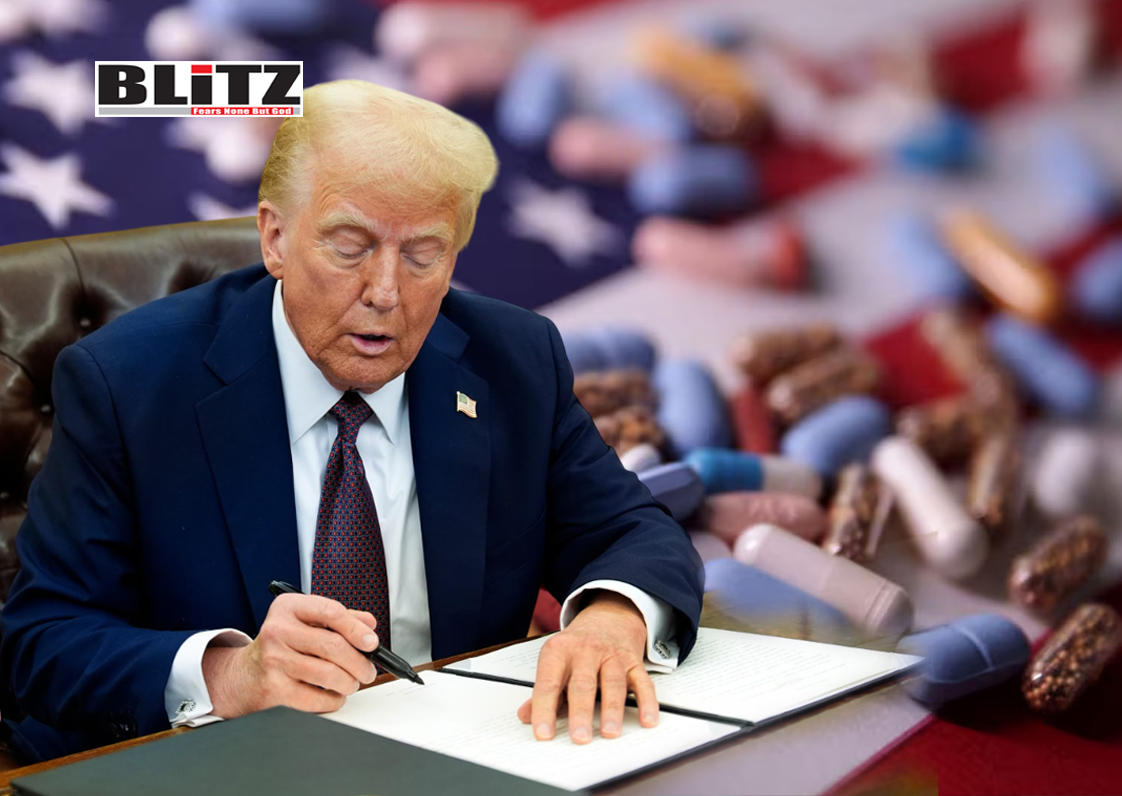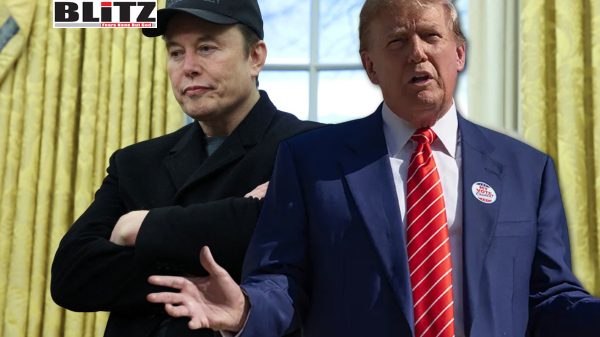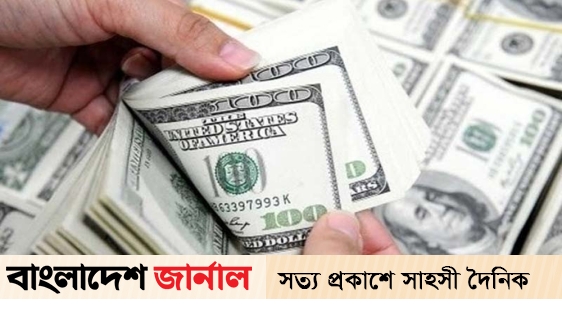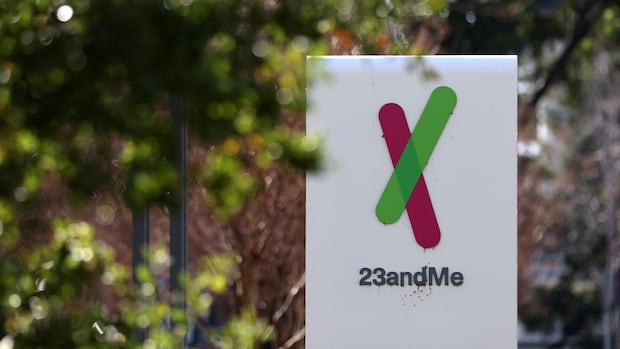Trump to sign executive order slashing prescription drug prices by up to 80 percent
In a bold move aimed at reshaping America’s healthcare costs, President Donald Trump announced he will sign a sweeping executive order designed to dramatically lower prescription drug prices. Calling it “one of the most important and impactful” actions of his presidency, Trump declared that the United States would adopt a “Most Favored Nation” policy for pharmaceuticals, tying American drug prices to the lowest rates found anywhere in the world.
The announcement, made through a series of posts on his Truth Social network on May 11, set the stage for a major policy shift with far-reaching consequences. Trump is set to sign the executive order at 9:00 am on May 12, promising that American patients could see drug prices fall by anywhere between 30 percent to 80 percent almost immediately.
“I will be instituting a MOST FAVORED NATION’S POLICY whereby the United States will pay the same price as the Nation that pays the lowest price anywhere in the World,” Trump wrote, emphasizing that this change would bring long-overdue fairness to American consumers.
The United States currently spends approximately $400 billion annually on prescription medications-often paying two to three times more than citizens of other developed nations. According to data from the National Health Expenditure Accounts, Americans pay more for prescription drugs than any other country, a longstanding issue that has sparked widespread political debate across party lines.
Trump argued that this new policy would mark a historic shift not only in drug pricing but in healthcare affordability overall, claiming it would “save trillions” over time and “lower healthcare costs nationwide.”
“Our Country will finally be treated fairly, and our citizens’ Healthcare Costs will be reduced by numbers never even thought of before,” he added.
Trump’s push to lower drug prices by benchmarking them to global rates is not entirely new. During his previous term, he proposed a similar initiative aimed at reducing the costs of physician-administered drugs under Medicare, the federal health insurance program covering around 70 million older Americans. However, the effort was stymied by legal challenges and was ultimately rescinded during President Joe Biden’s administration.
At the heart of the legal battle were arguments over whether the executive branch had the authority to enforce such sweeping changes without Congressional approval. In 2022, the legislative landscape shifted when the Democrat-led Congress passed the Inflation Reduction Act. Among its many provisions, the law granted Medicare limited authority to negotiate drug prices directly-a move that removed some of the legal hurdles that had previously blocked Trump’s original plan.
With this new legal foundation in place, Trump appears poised to revive and expand his original vision, this time with fewer judicial obstacles standing in the way.
Unsurprisingly, the pharmaceutical industry is gearing up for another fight. The Pharmaceutical Research and Manufacturers of America (PhRMA), a powerful lobbying group that previously sued the Trump administration over similar efforts, immediately criticized the proposed executive order.
In a statement to the Financial Times, PhRMA warned that “government price setting in any form is bad for American patients” and insisted that high drug costs were primarily the result of “middlemen” within the healthcare system, such as pharmacy benefit managers and insurers, rather than the manufacturers themselves.
Industry representatives have long argued that price caps could stifle innovation by reducing the funds available for research and development. They contend that American consumers, by paying higher prices, effectively subsidize pharmaceutical breakthroughs that benefit patients around the world.
Trump flatly rejected these arguments, accusing pharmaceutical companies of using research costs as a pretext for price gouging.
“All of these costs were, and would be, for no reason whatsoever, borne by the ‘suckers’ of America, ALONE,” he said, adopting the combative tone that has become his trademark.
The timing of Trump’s announcement is notable, coming as healthcare costs remain a top concern for American voters ahead of the 2024 election. Polls consistently show that a majority of Americans-across both parties-support efforts to lower prescription drug prices. By seizing the initiative on this issue, Trump is positioning himself to appeal to a broad swath of voters frustrated by high medical expenses.
At the same time, the move risks alienating powerful industry players who traditionally wield significant influence in Washington. Pharmaceutical companies are among the top contributors to political campaigns on both sides of the aisle, and any effort to slash their profits is likely to be met with fierce resistance.
Still, Trump appears confident that the political benefits of aggressively tackling drug prices outweigh the risks.
“For the first time in decades, the American people will see real, immediate relief from the stranglehold of Big Pharma,” he declared.
If signed as promised, the executive order would direct Medicare to implement the new pricing model, effectively forcing pharmaceutical companies to sell to the US government at their lowest global prices or risk losing access to the lucrative American market.
The administration has yet to release the full text of the order, so important details-including how the policy will be enforced and whether it will cover all prescription drugs or just a subset-remain unclear. Legal challenges are almost certain, but with the Inflation Reduction Act having established a legal precedent for Medicare negotiations, Trump may have a stronger footing this time around.
Regardless of the legal outcome, the announcement marks a dramatic escalation in Trump’s long-running battle against high drug costs and could set the tone for healthcare debates in the upcoming presidential campaign.
As the nation waits to see the specifics of Trump’s new executive order, one thing is clear: the fight over America’s prescription drug prices is far from over.
Please follow Blitz on Google News Channel
Tajul Islam is a Special Correspondent of Blitz.
trump-to-sign-executive-order-slashing-prescription-drug-prices-by-up-to-80-percent
















Leave a Reply